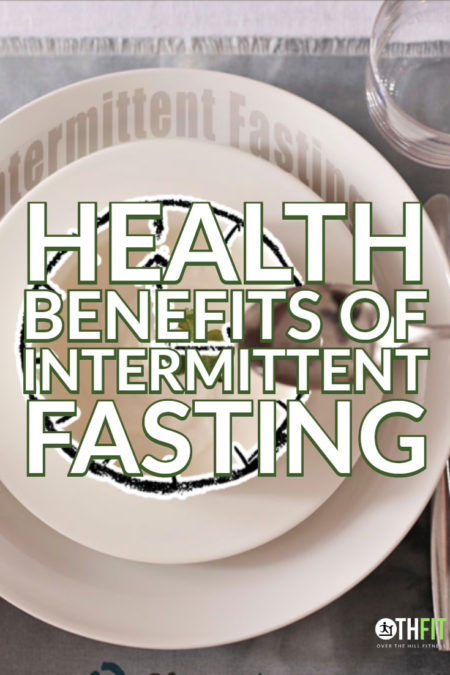
Health Benefits Of Intermittent Fasting
In March 2018, I started doing intermittent fasting (IF) and had great results. Since then I have gotten many questions from friends and co-workers about it. Most of the questions are about the health benefits of intermittent fasting, why I started, and how it could work for them.
When I started I didn’t put much thought into it, it was just something I wanted to try out. I only did a little research before jumping in. Since then I have read a lot about the health benefits and I now feel great.
In this article, I am going to give you a short introduction to intermittent fasting and its health benefits. At the bottom of the article, you can find some more resources if you still have questions. My hope is you will have a better idea if intermittent fasting is for you then I did when I started.
What is intermittent fasting?
If you haven’t heard about IF or are just starting your journey you might be wondering what this whole deal is. Intermittent fasting is a dieting method where you restrict calorie intake to certain times and fast the rest of the time.
For most people, this will mean skipping at least one meal and eating normally for the others. Some types of intermittent fasting will cause you to skip 2 or even all meals for a whole day. There are bunches of different schedules and I’ll go over the most popular next.
Types of intermittent fasting
If you search Google you will find enough variants and schedules for intermittent fasting to scare you away. Don’t stress it. The best part about IF is that you will still get health benefits even if you’re less than perfect about your schedule. If you want the simplest schedule do what I do and skip breakfast.
tldr; Skip Breakfast
Yes, it can be this simple and it’s what I do every day now. I stop eating at 8 PM and only drink water, tea, or black coffee until lunch at noon. This schedule is so easy I was doing it accidentally without even knowing what intermittent fasting was :). If you are doing keto, it’s super easy because after a while on keto, your appetite naturally wanes so the two go hand in hand really well.
Alternate Day Fasting
On this fasting schedule, you eat one day followed by a day of fasting. You can either do a whole day or time restricted fast, whichever works best for you. This is the schedule I started on and it’s the most beginner friendly.
Whole Day Fasting
You can guess but whole-day fasting is where you fast for a complete 24 hours. Most of the time this is only done once or twice a week. Summer does a 24 hour fast usually twice a month. However, she is strict with her keto diet and I think that has helped her do better on the longer fasts. I have not had success with this schedule but if it works for you I’d love some tips.
Time Restricted Fasting
This is the type of IF that I do because I found it fit into my lifestyle the best. These eating schedules have names like 12/12, 16/8, 20/4 or something similar. This naming can look confusing at first but all it means is you fast for x hours of the day then eat the other x hours. So a 16/8 fast is 16 hours of fasting followed by 8 hours of eating.
I hope that answers most of your questions about what intermittent fasting is. Now it’s time to talk about why you would want to do it.
Health Benefits of Intermittent Fasting
Weight Loss
This is the most common reason that people start looking into intermittent fasting. I have great news on this. Studies have concluded participants who fasted intermittently lost weight1, especially around their waist2
You will naturally eat fewer calories while fasting since you are skipping meals. Even without other benefits this alone will cause weight loss. Intermittent fasting will also increase your metabolism3.
One last note on weight loss. Intermittent fasting provides great weight loss benefits with less loss of lean muscle4. This means as long as you are getting enough calories and protein you can combine IF with strength training. This makes IF a really great addition to simple weight loss changes you’ve already made.
Reduces Insulin Resistance
Insulin is a hormone made in the pancreas and is vital to maintaining blood sugar levels and regulates the conversion of glucose into energy. Insulin resistance is when your body starts to ignore the hormone insulin, forcing your body to produce more and more insulin as it attempts to regulate blood sugar. Summer has PCOS, women with PCOS also often have insulin resistance. Through a combination of keto and IF she has been able to reverse her insulin resistance and her Type II diabetes.
Over time your ability to manage blood sugar silently deteriorates, increasing your blood sugar levels. If untreated you may develop Type 2 diabetes and be at increased risk for heart attack, stroke, and cancer. Intermittent fasting reduces insulin resistance5. Even if you’re not one of the 33% of Americans6 with insulin resistance lowering insulin resistance still makes it easier to burn fat7.
Lowers Blood Pressure and LDL Cholesterol
1 in 4 of all deaths in the United States are from heart disease8 so this one of the most important health benefits of IF. Even a short period of intermittent fasting can reduce total cholesterol, LDL cholesterol, Systolic blood pressure, and triacylglycerol concentrations without impacting HDL cholesterol9. These are all key contributors to heart disease.
Reduces Inflammation
Body inflammation10 is a normal part of your immune system but when out of control it is an indicator of many diseases. Intermittent fasting reduces inflammation levels and cancer promotion over time1112. Reducing inflammation can also reduce your risk of obesity, heart disease, and cancer.
Increases Human Growth Hormone Production
Human growth hormone (HGH) is a natural hormone related to muscle growth, fat loss, cell repair, and the immune system. Studies have shown that one of the health benefits of intermittent fasting is an increase of HGH by as much as 500%13.
Increasing HGH levels improves strength and muscle growth14, healing rates15, weight loss16, sleep17, sexual function18, and mood19. These benefits are why many bodybuilders and athletes use HGH supplements to improve their performance.
Promotes Brain Health
As we get older brain health gets more and more important. Intermittent fasting increases production of the hormone BDNF20. BDNF or Brain-derived neurotrophic factor helps protect brain cells and is vital for learning, memory, and higher thinking21. BDNF also protects against many neural diseases like Parkinson’s and Alzheimer’s22.
Is That All of the Health Benefits?
No, I didn’t take the time to list all the expected benefits here and there are thousands of studies exploring the benefits of intermittent fasting that I have not read. The scientific community is still discovering new benefits and many studies still have not been conducted on humans.
This means that even with the health benefits above intermittent fasting is probably even better than we think.
What’s the Risk?
Intermittent fasting is a very safe and maintainable diet schedule but that doesn’t mean that there aren’t risks. As with any change in diet or activity levels we recommend you read and follow the most important health advice you will ever receive.
You might also be interested in this scientific review on studies that investigated the health effects of intermittent fasting. https://academic.oup.com/ajcn/article/102/2/464/4564588
Is it sustainable?
Of course, the answer will depend on who you ask but when compared to traditional dieting intermittent fasting is much easier to maintain. Since you don’t have to count calories or change what you eat it feels less restrictive than other diets.
In my personal experience, I have had no problems sticking with IF and have actually increased how much I fast from when I started. I’m seldom hungry and the only times I find myself having trouble is when I’m bored and want to snack. Of course, that’s my personal experience. You will have to find what works best for you.
Where Can I Learn More?
The internet is full of “resources” for learning about intermittent fasting but if you want high-quality reliable information here are a few resources we recommend. If you know of any more we would be happy to add them.
Books:
Internet Articles and Blog Posts
- Nerd Fitness: The Beginner’s Guide to Intermittent Fasting – 2018 Update
- Greatist: Want to Try Intermittent Fasting? Here’s What You Need to Know
- Healthline: Intermittent Fasting 101 — The Ultimate Beginner’s Guide
- Marks Daily Apple: How To: Intermittent Fasting
- Wikipedia: Intermittent Fasting
YouTube Videos On Intermittent Fasting
Thanks For Reading!
I really appreciate that you took the time to read my post. I hope that you found it informative. If you have any feedback or comments I would love to hear them. Thanks again.

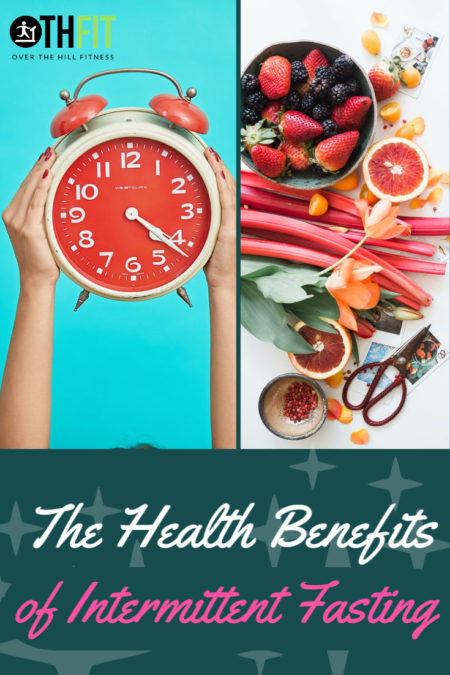
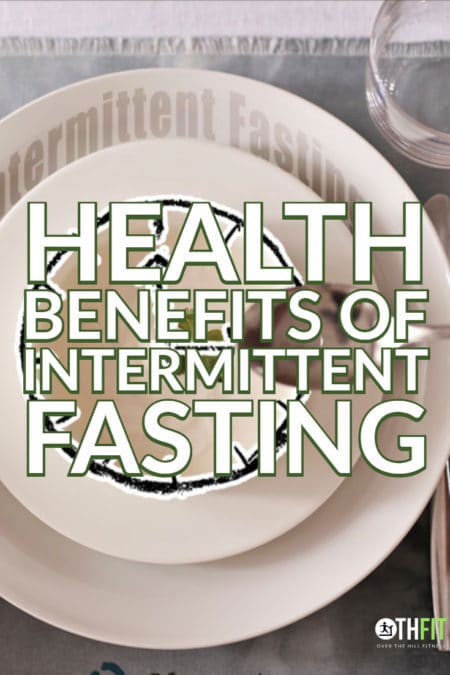
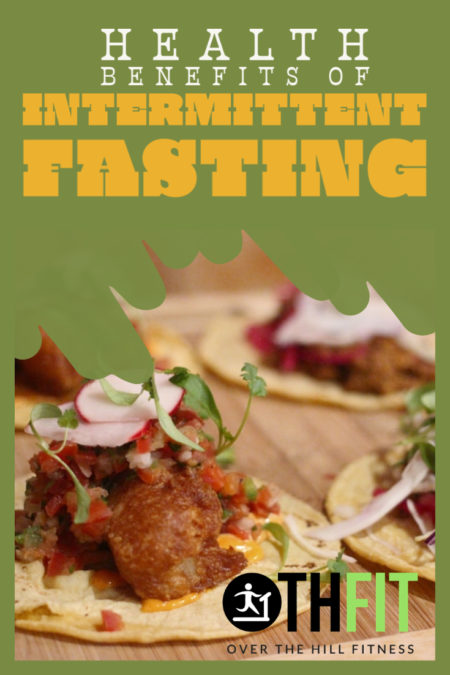
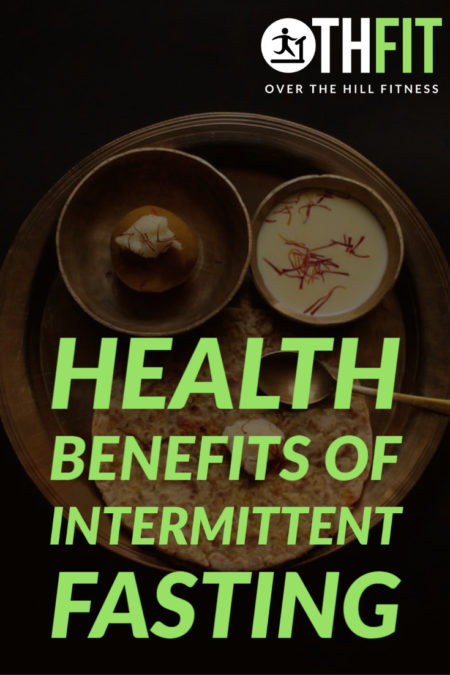
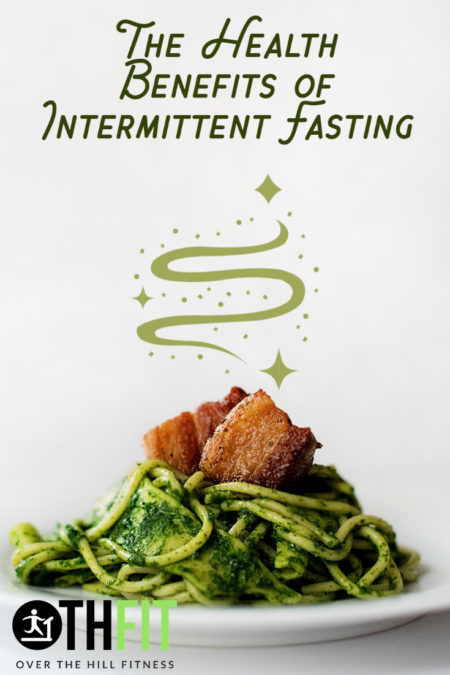
References
- https://www.ncbi.nlm.nih.gov/pubmed/25540982 ↩
- https://www.sciencedirect.com/science/article/pii/S193152441400200X ↩
- https://www.ncbi.nlm.nih.gov/pubmed/10837292 ↩
- https://www.ncbi.nlm.nih.gov/pubmed/21410865 ↩
- http://www.sciencedirect.com/science/article/pii/S193152441400200X
- https://jamanetwork.com/journals/jama/fullarticle/2293286 ↩
- https://www.ncbi.nlm.nih.gov/pubmed/15640462 ↩
- https://www.cdc.gov/heartdisease/facts.htm ↩
- https://www.ncbi.nlm.nih.gov/pubmed/19793855 ↩
- https://www.johnshopkinshealthreview.com/issues/spring-summer-2016/articles/understanding-inflammation↩
- https://www.ncbi.nlm.nih.gov/pubmed/23244540 ↩
- https://www.ncbi.nlm.nih.gov/pubmed/17374948 ↩
- https://www.ncbi.nlm.nih.gov/pmc/articles/PMC329619/ ↩
- https://www.hindawi.com/journals/ije/2013/942030/abs/ ↩
- https://www.ncbi.nlm.nih.gov/pubmed/17309692 ↩
- https://www.ncbi.nlm.nih.gov/pubmed/10352397 ↩
- https://www.ncbi.nlm.nih.gov/pubmed/8627466 ↩
- https://www.ncbi.nlm.nih.gov/pubmed/11927337 ↩
- https://www.ncbi.nlm.nih.gov/pubmed/15299990 ↩
- https://en.wikipedia.org/wiki/Brain-derived_neurotrophic_factor ↩
- https://www.ncbi.nlm.nih.gov/pmc/articles/PMC151440/ ↩
- https://www.ncbi.nlm.nih.gov/pubmed/17306982 ↩



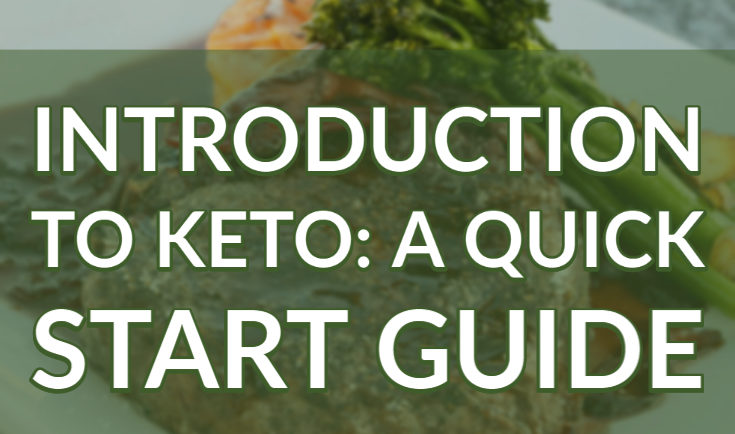
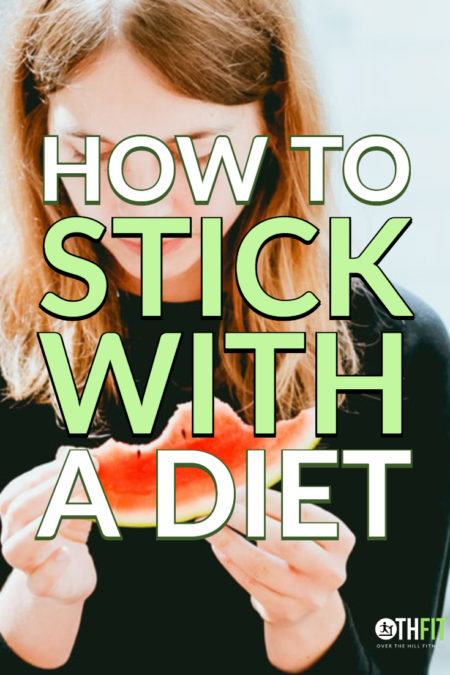
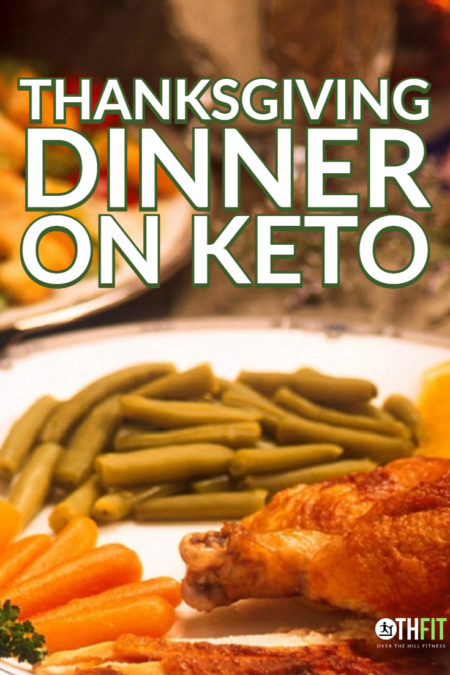
5 Comments
nayacerola
i have heard of intermittent fasting but didn’t understood how itworks until now. i love how not only talk about the benefits but also share the risks. which is very important to know
Jamie
Great information! I love IF abs what it can do for your health. Thanks for sharing.
Stella
I am such a fan of IF. I usually do 16:8 or 18:6. Occasionally I will do 3 days water fast or juice fast. I almost never have breakfast. It works Thank you for sharing the collection of methods. So useful.
Cassie
I practice intermittent fasting (the 16:8 method), and I found this information very relevant and valuable. Thank you for sharing!
Summer
16:8 is what I’m usually doing now as well with some 24 hour fasts. Thank you very much for your comment!